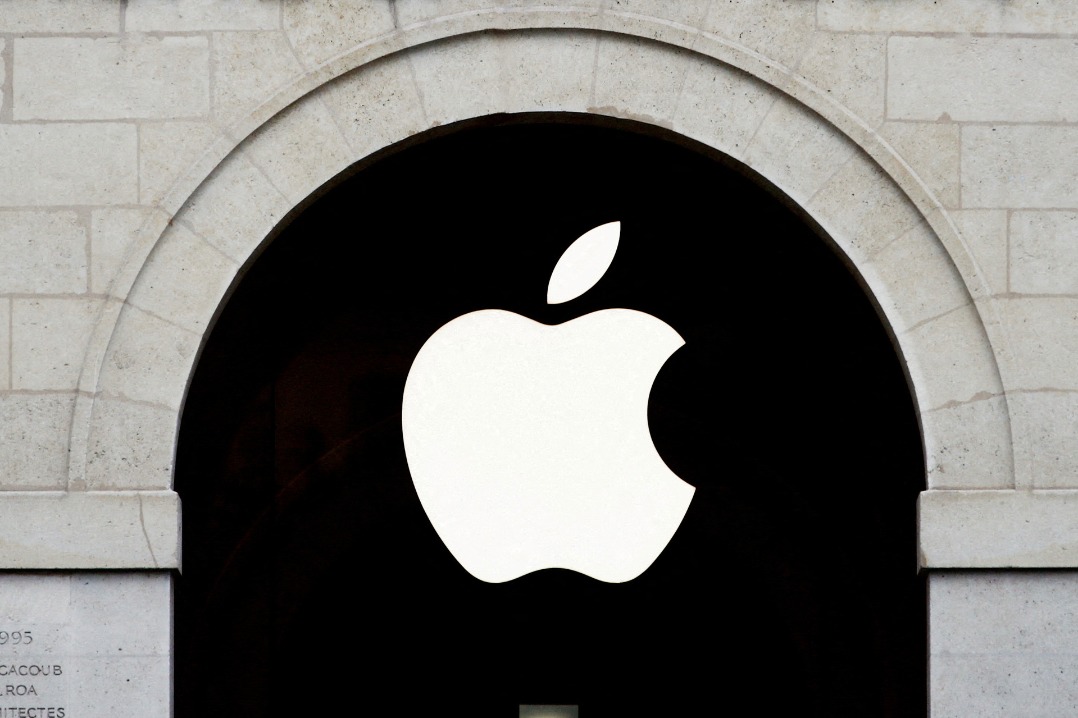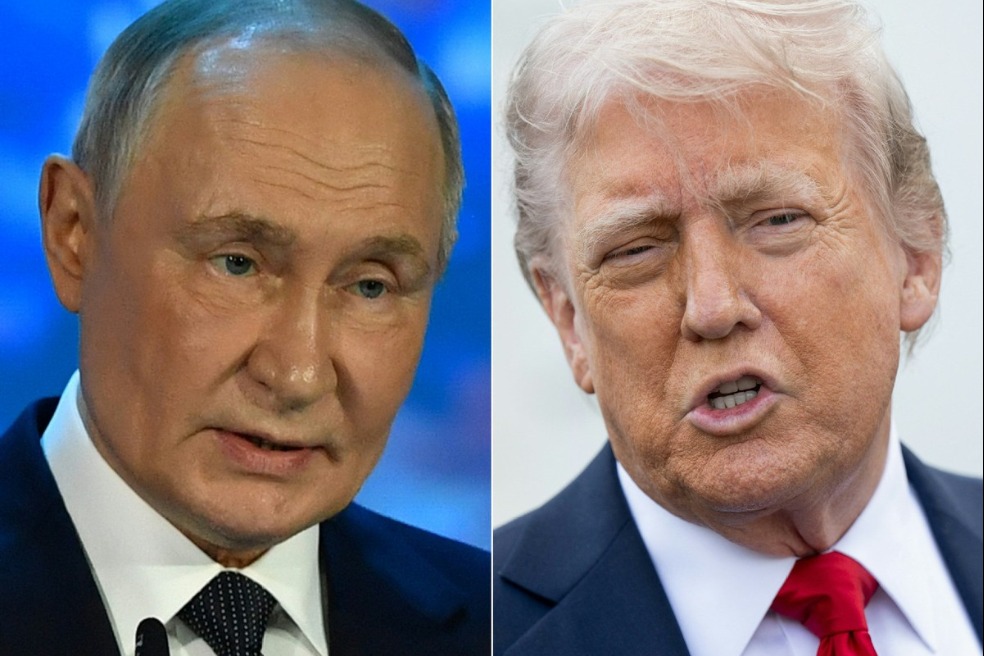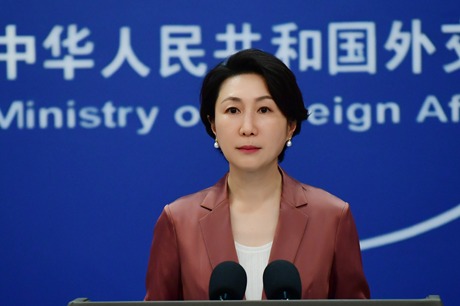Arab, Middle East nations can circumvent tariff hike

Despite China and the United States agreeing to slash tariffs imposed on each other for the time being, the on-again, off-again tariffs slapped by the US administration this year will significantly affect developing countries in the Arab and Middle Eastern region.
The tariffs target a variety of goods and could worsen existing economic difficulties in these areas — high unemployment rates, political instability and a lack of economic variety. The World Bank forecasts a GDP growth rate of just 2.6 percent for the Middle East and the North African region in 2025, much below the global average. The US tariffs could further diminish this growth rate, resulting in fewer exports and higher costs for local industries.
The effects of the tariffs on Arab and Middle Eastern countries will be complex. These regions depend heavily on exports, particularly in oil, textiles and agriculture. For example, Egypt, a leading exporter of cotton and textiles, could see its export revenues drop significantly.
A potential response to the US tariffs by the affected countries such as Egypt would be to diversify export markets and strengthen ties with other regions. Egypt could enhance its exports to the European Union, its largest trading partner, or seek new opportunities in Africa and Asia.
The United Nations Conference on Trade and Development forecasts a 33 percent increase in Africa's internal trade by 2030, enabled by the African Continental Free Trade Area. By using this expanding market, Egypt could lessen the immediate effects of the tariffs. Additionally, Egypt could negotiate bilateral trade agreements with significant partners, such as China, which has invested heavily in its infrastructure and energy sectors. Leveraging its strategic location might help Egypt become a regional trade hub that attracts foreign investment, easing the economic impact of tariffs.
China's Belt and Road Initiative and its growing influence in the Global South could be a refuge for countries hurt by US tariffs. These investments have bolstered infrastructure and created jobs in countries such as Egypt, Saudi Arabia and the United Arab Emirates. By strengthening ties with China, these countries could reduce their reliance on the US market and lessen the consequences of tariffs.
New mechanisms such as BRICS and other emergent Global South collaborations could counterbalance the tariffs. These mechanisms represent a substantial part of the world's population and economic output and could work collectively to champion fair trade practices while resisting protectionist policies. BRICS has already established the New Development Bank to fund infrastructure and sustainable development in emerging markets, approving over $30 billion in projects, many located in the Middle East and the North African region.
Monetary and financial adjustments through digitization and novel payment methods could also ease the tariff burden. The rise of digital currencies and blockchain technology might reduce transaction costs and enhance financial access in the Middle East. For instance, the Central Bank of the UAE is piloting a digital currency project aimed at facilitating cross-border payments and diminishing reliance on traditional systems.
The repercussions of the US tariffs extend beyond economic aspects, generating considerable social and political ramifications. Areas already facing youth unemployment, political instability and social unrest could see these issues worsen due to the tariffs. Decreased export revenues and rising unemployment may breed social unrest and hinder political stability, particularly in vulnerable nations. Polls show more than 60 percent of respondents in countries such as Egypt and Jordan are troubled by limited economic opportunities and high living costs. The tariffs could erode public trust in governments and heighten social tensions.
In reaction to the tariffs, countries in these regions might also consider domestic reforms to strengthen economic resilience. These reforms could involve improving the business environment, cutting red tape and investing in education and skills development. Egypt has already implemented key economic reforms, including liberalizing its exchange rate and reducing energy subsidies, aiding its economy's stabilization and attracting foreign investment. By continuing these reforms, affected countries could lessen their vulnerability to external shocks and enhance their long-term economic outlook.
Last but not least, the tariffs could have broader geopolitical implications. By initially imposing exorbitant tariffs on Chinese goods, the US set off a dispute, leading to "reciprocal measures" from both nations. For Arab and Middle Eastern regions, this trade dispute could bring both challenges and opportunities. They may benefit from boosted Chinese investment as China seeks to diversify supply chains. The Brookings Institution highlights that the trade conflict has already prompted a reconfiguration of global supply chains, with many companies relocating to countries in Southeast Asia and the Middle East and the North African region.
The author is director and owner of the Asia Center for Studies and Translation in Egypt.

































